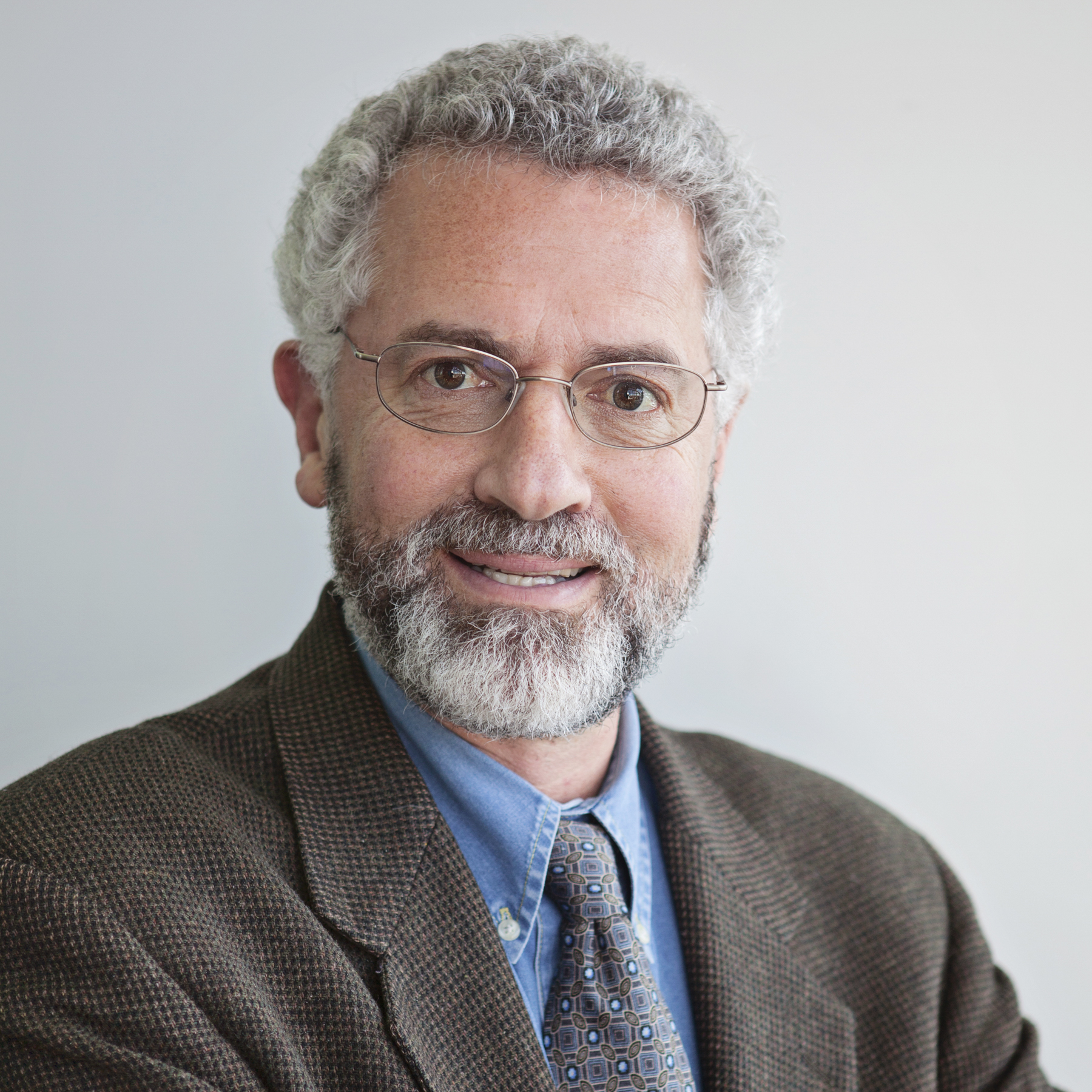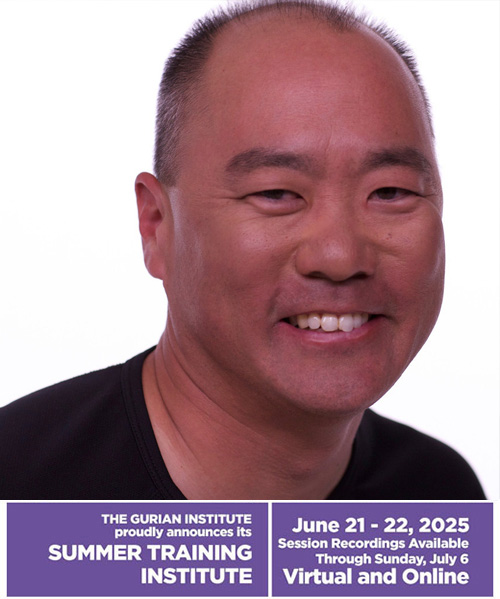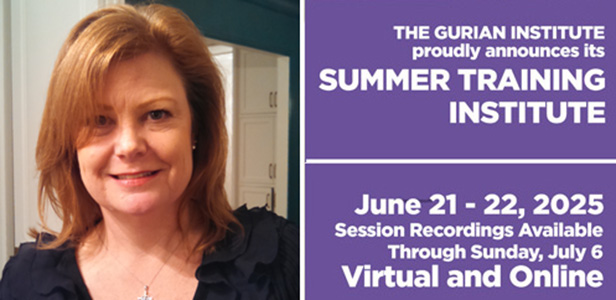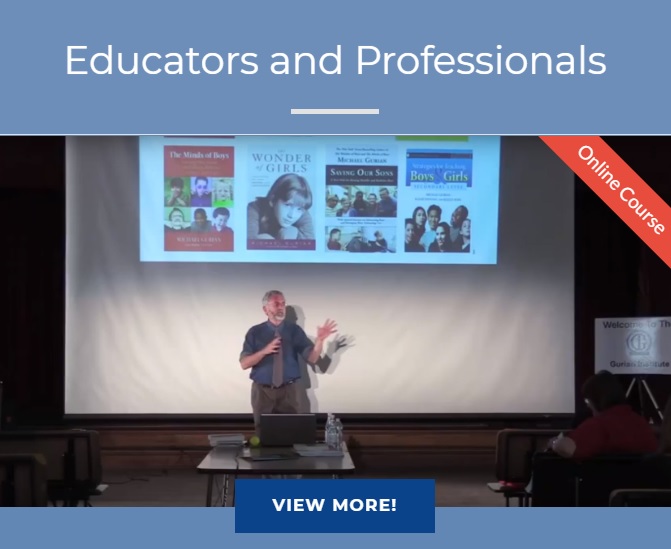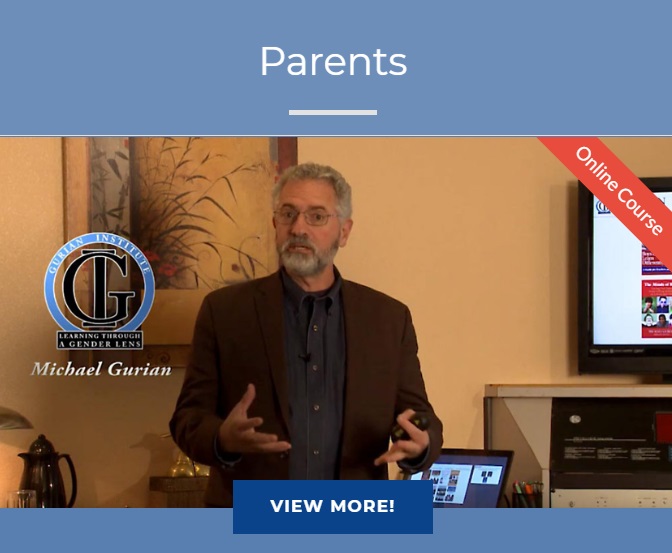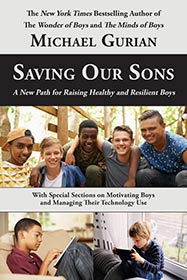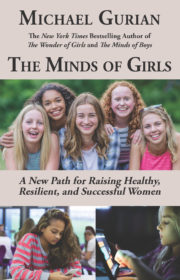For more than two decades, the Gurian Institute has been communicating with you the ideas and intentions of a social movement committed to using gender neuroscience and educational psychology as a bedrock for social and systemic change. GI helps children, families, schools, and communities thrive. In books, articles, blogs, studies, and posts, I (Michael Gurian) have done most of the writing that we publish, though I am often joined by others on our teams who are committed to the craft of words. This writing and the GI work in schools and in the field have been my vocation.
During these same decades of work, I have been writing other fiction and poetry. This avocation includes an ongoing memoir, “The Story of a Man.”
Parts of the memoir have already been published in essays and blogs, in my books of nonfiction, poetry, short stories, and in my novels. I wake up at 4:30 a.m. every morning and spend two to five hours, depending on whether I am home or on the road, writing. Many years ago, a neurologist diagnosed me with hypergraphia, a brain disorder in which a person cannot stop writing words down. Because I make my living with words, I think my disorder is also my daily grounding!
As we begin anticipating the 2021 -2022 school year–and following a year that seemed like it was a decade long–the Gurian Institute will begin a new feature today, the inclusion of a poem or other form of short literary work from my memoir. We plan on publishing these short works as a bonus feature once a month or so.
We live in a time convinced that boys and men do not need us, and that we do not need them; in reality, all of us are needed, and we all need to be heard. Cultures rise and fall based, in large part, on how well they understand boys and men. Our males often take huge, fragile risks; some people encounter this masculinity as heroic, others as a threat to our existence, others, like me, as ordinary manhood. I write my story of this man as a husband of 35 years, a father of two daughters, an author of works on male and female development, a poet and novelist, and a man whose soul, he believes, in some small part might reflect the sufferings and joys that make us human.
You will find a spiritual tone to some of my “Story of a Man.” Some of that Jewish spirituality I practice will appear in some of the pieces, especially ones I will include around certain holidays. Rest assured, I will not push any religion–a person’s relationship with divinity is greater than any one viewpoint. And quite often when I work with “Jewish” in my poems, I think of the Jew as more than a religion: often, as a symbol of the twins we are becoming in the new millennium–in some ways finally free, and yet, in other way, importantly embattled.
As you read these pieces, please write me your thoughts at info@gurianinstitute.com. Poetry is not for everyone, I know, but I hope you will find this story of a man, at least in its poetic fragments, readable and intriguing.
Here now I dedicate “A Final Mercy” to the 4,000,000 + lost to the Covid 19 pandemic, and to all those who have died of other causes, as well.
A Final Mercy: Prayer for the Dead
How beautiful one life is! The soul nourishes this world, and when its radiant body grows too old to live any longer or suddenly dies young, tears flow from us, for the waters of life must flow. We grieve as a soul leaves its body to flow beyond the world of intentions, beyond attractiveness, beyond fields and battles, beyond machines—back into the waters of the unknown. Our grief guides each dead soul to settle in a pool below a waterfall where children play and feel holy but do not know why, for they do not yet see all the souls glistening around them in the waters of eternity.
Can the dead make their journey safely back into the waters of life without our prayers? They cannot. If not for our prayers, dead souls would dry, wither, and die undirected in their journey; they would never find the waterfall, the returning-place, the gate of eternity. If not for our prayers, the dead would hover unseeing above the water, unknown to themselves, unremembered, sorrowers unable to immerse themselves in the waters of life.
Can you feel this truth in your tears? Can you feel it in the stark, unbending will of your prayers for the dead? Our prayers of grief light up the pattern of the universe, they are like stars the dead see in the night sky. Listening to our sad, uplifting songs, the dead hear the holy call to map the firmament again. Each dead soul regains direction, feels awe at the life cycle, forgets regret, makes peace with sudden voicelessness, trusts our guidance, kisses the children gently, combines again with the ocean of life.
How do we know? Because one day a child grows up to say, “I want to be such-and-such, just like grandma,” “I want to do such-and-such just like grandpa,” “I miss my sister, who died so young—I will live my life in her image,” “I will not let my brother die in vain.” It is the nature of God’s great world that when we sing the dead to their passing, they enter the minds of the children, showing them ways to holiness, filling them so full of life’s calling toward ascension and descent that our young gain the courage to walk up out of the pool, and commit their whole growing selves, their whole beings, to a journey of courageous life.
Do you see? Because we want our next generation to live with purpose; because we want them to dream of accomplishments as intimate as love and vast as the sky, we bow and pray. God’s great universe is not set up to let any one part of itself be disconnected from any other part of itself, but instead, for every part to immerse into every other part, and those of us with light in our heads to sing songs of direction to the dead, so that in a person’s death shall be that one life’s final mercy.
A Final Mercy © Copyright Michael Gurian 2021



